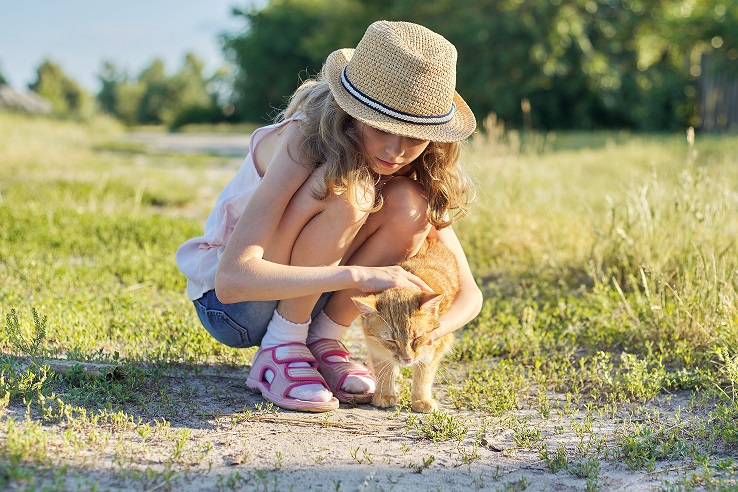What does summer mean to me?
It’s a time to enjoy a little bit of sunshine, if we’re lucky, possibly have a week in Devon or Cornwall or maybe further afield, if we are very lucky. My memories are of endlessly playing football, riding my bike literally all-day, chilling out in my bedroom listening to music and never ever feeling tired or without something to do. Friends were always visiting my house, I was visiting friends’ houses, trips were planned to exotic places such as London or a random castle in the middle of nowhere. Even though this was a tad boring, I’d always manage to get another rubber for my stationary collection.
But in fact, the reality for many of our children is that they are either forced to spend all their time with potentially scary, unpredictable, unhelpful, or unavailable adults. Whilst they usually have an outlet of school, nursery, term time activities or clubs that may well provide a form of respite, somewhere to eat, to speak about their feelings, have fun or even feel safe, this is taken away from them for what may seem to be the longest time. This is the time of the year when the children who are in need of the most help, may well feel abandoned and are at risk of internalising their painful feelings or trying to meet their needs through risky or dangerous behaviour that could lead to them being exploited.
During these summer months, a child may need to stay in their room, stay out of the way and be instructed to cause no fuss and make no demands of their parent, who is often pre-occupied with their own stuff and living a lifestyle that suits them. A child may need to provide support or even care for a parent, who is too ill to look after themselves, let alone the child. A child maybe expected to cook for themselves, do the food shopping or look after their little brother or sister, because their mummy or daddy are too tired, or demand a break because they always do it. Hopefully it is only on rare occasions that children are expected to remain out of the house all day, because their parent cannot stand their incessant questions or demands.
So what do we do?
What can we do to make sure these children remain visible, are checked in on, and we recognise that things may be tough for them, even if we usually hold the opinion, that “it’s none of our business”. Maybe we need to think differently if kids haven’t been seen for a few days, are playing on the street all day, house parties are regularly going on when we know little children are living there, children are walking around late at night, or grouping around near fast food joints.
What I do know from my years of experience in Social Work is that when September comes, a raft of overwhelming referrals will flow through the door of children’s services, making us aware of the risk that children have been exposed to. This will include the injuries they may have suffered, the time spent alone in the house without a parent, the days where they may have not eaten food, the peculiar behaviour of parent that suggests substance or alcohol misuse, the contact with an new or unknown adult who was scary and frightening to the child or even more worrying the referral from school to say that the child hasn’t appeared for the first day.
The message is simple and yet difficult. We need to look after each other better and feel able to knock on that door, ask a child how things are going, ask a parent how they’re coping and realise that it could make a small but incredible difference.
Dave Butterworth – Independent Social Worker



